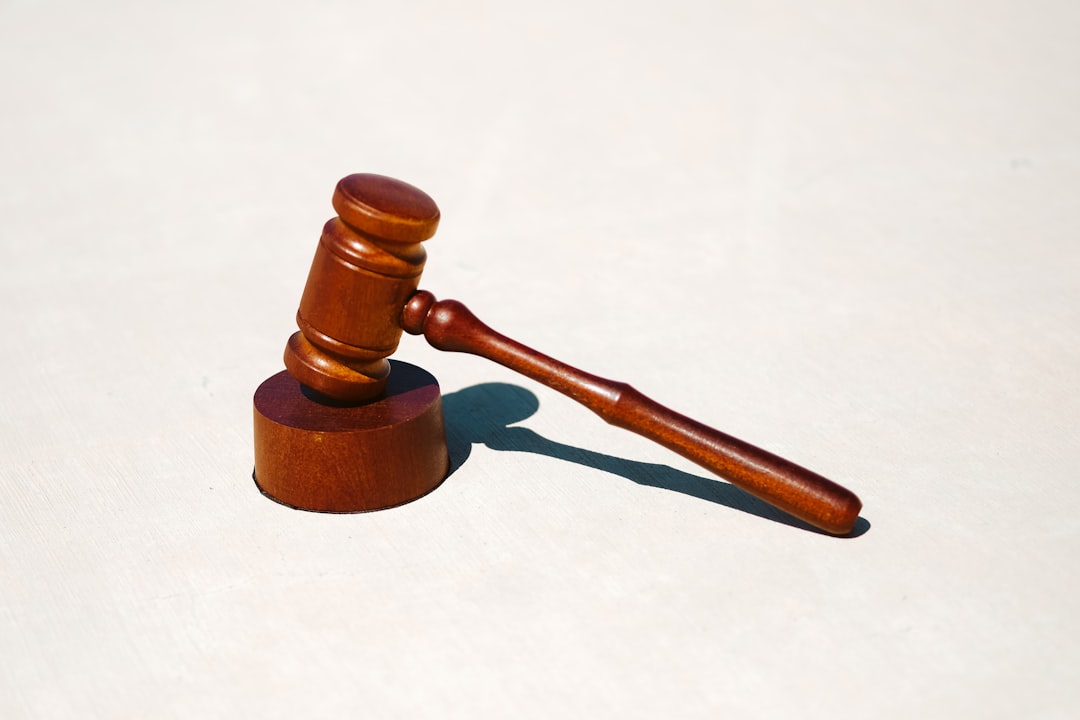The Fair Debt Collection Practices Act (FDCPA) in Washington, D.C., protects consumers from abusive debt collection practices by establishing guidelines for collectors and their attorneys. Consumers have specific rights, including proper debt notice, validation of debts within 30 days, reasonable communication times, and privacy. A debt collector attorney DC ensures these rights are respected and provides legal recourse if violated, offering damages to harmed consumers.
“In the intricate legal landscape of Washington D.C., understanding the Fair Debt Collection Practices Act (FDCPA) is paramount, especially for consumers navigating debt collection issues. This comprehensive guide aims to demystify the FDCPA as it pertains to debt collectors and their interactions with residents of DC. From the definitions of ‘debt collector’ to the legal obligations they bear and the rights afforded consumers, this article equips you with crucial knowledge to assert your rights effectively against unscrupulous debt collection practices.”
What Is the FDCPA?

The Fair Debt Collection Practices Act (FDCPA) is a federal law designed to protect consumers from abusive, unfair, or deceptive practices by debt collectors. Enacted in 1977, this legislation sets forth rules that debt collection agencies and attorneys representing creditors must adhere to when attempting to collect debts from consumers. The FDCPA ensures that debtors are treated fairly, provides them with certain rights, and restricts the methods and means employed by debt collectors.
In the context of DC, understanding the FDCPA is paramount for both consumers and debt collector attorneys. It dictates how legal actions related to debt collection should be conducted, encompassing phone calls, written communications, and face-to-face encounters. Compliance with the FDCPA is crucial to prevent penalties, including monetary fines and legal repercussions, for those who violate its provisions.
Debt Collectors and Their Legal Obligations in DC

In Washington, D.C., like anywhere else, debt collectors operate under a strict set of legal obligations outlined by the Fair Debt Collection Practices Act (FDCPA). This federal law not only protects consumers from abusive and unfair collection practices but also holds debt collectors accountable for their conduct. When dealing with these professionals, it’s crucial to understand your rights as a consumer in DC. A debt collector Attorney DC can provide guidance on navigating these complex laws, ensuring your rights are respected throughout the process.
Debt collectors in DC must adhere to specific rules, such as providing proper notice of the debt and avoiding deception or harassment when communicating with consumers. They are prohibited from calling at unreasonable times, using abusive language, or misrepresenting themselves or the amount owed. Furthermore, they must obtain validation of the debt and cease collection efforts if a consumer disputes the validity of the debt within 30 days. Consumers in DC have these protections, ensuring a more transparent and fair process when dealing with debt collectors.
Rights of Consumers Under the FDCPA in Washington D.C.

In Washington, D.C., consumers have significant rights under the Fair Debt Collection Practices Act (FDCPA). When dealing with debt collectors, residents can expect fair and honest treatment, as the FDCPA prohibits abusive, unfair, or deceptive acts by collection agencies. This includes a debtor’s right to request validation of their debt within 30 days of initial contact from a collector. A written notice asking for verification is a powerful tool for consumers, ensuring that debt collectors provide proof of the debt they claim to represent.
Consumers in DC are also entitled to privacy and the disclosure of certain information. Debt collectors must identify themselves and the company they work for, and they cannot harass or threaten debtors. Moreover, collection agencies are restricted from contacting consumers at inappropriate times or places, such as before 8 a.m. or after 9 p.m., except under specific circumstances. If rights are violated, a debt collector attorney in DC can assist consumers in seeking legal remedies, including actual and statutory damages.






